6. All the President’s Men (1976, Alan J. Pakula)
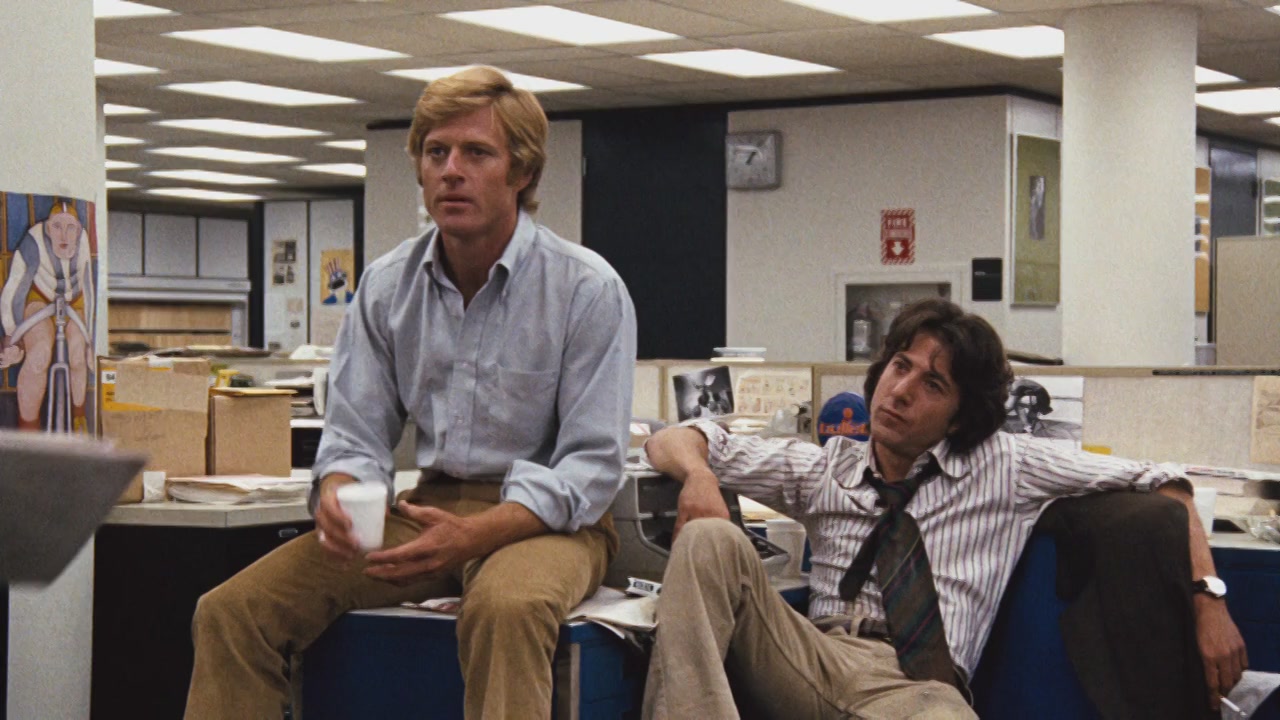
Probably the most ‘thriller’-like film on this list certainly doesn’t leave out the drama of great real-life characters surrounding the Watergate Scandal.
Based on Woodward and Bernstein’s novel, and portrayed by Robert Redford and Dustin Hoffman, we then see the Washington Post’s exploits of trying to figure out the five Ws about the Watergate break-in, leading to the resignation of President Nixon. But it’s Hoffman and Redford’s chemistry of offbeat personalities, Jason Robards’ tantrums, meetings with Hal Holbrook’s Deep Throat, and Republican officials that show the drama of political, society, and ideology.
Everyone wants to give, avoid, or find out the truth revealing great drama along the way. No scene is without tension or suspense because the characters, just like real-life people, want answers and others refuse to give it, making for a great drama. Pakula was at the height of his paranoia and conspiracy-like films, so here he hits a grand slam.
7. Child’s Pose (2013,Calin Peter Netzer)
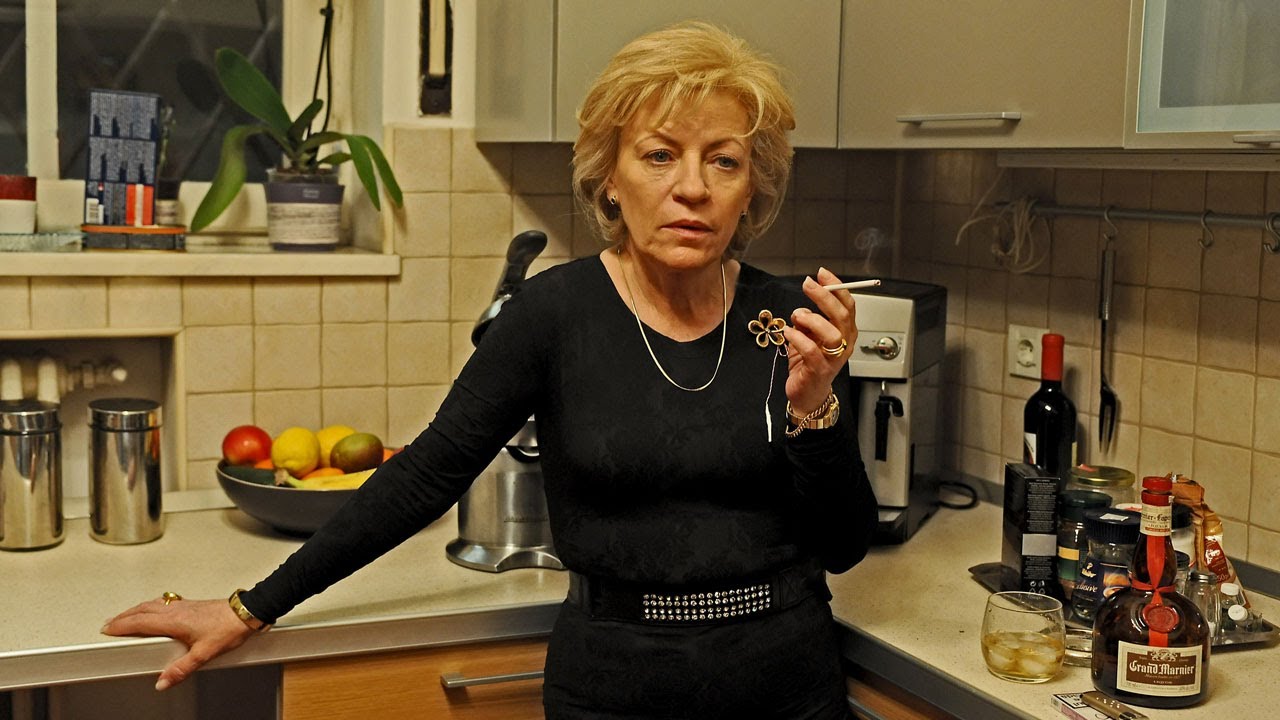
A film that can be brutal, blunt, and at times difficult to grasp on the negative side of humanity, it never ceases to amaze and thrill us at how far humans can go for their own safety and well being. As the film unfolds, led by a dazzling performance by Luminita Gheorghiu, we discover she leads a decadent, rich family protecting a son after a fatal fleeing of a hit and run.
Criticizing the higher and more affluent Romanian society, Netzer doesn’t hold back any punches and explores the dynamics and thought-provoking lifestyle of the upper class in long, extended scenes. The narrative truly dives deep into these characters and lets their beliefs and personalities come through in a leisurely pace while keeping us gripped.
While the choices of morality and the future are at play, nothing is off the table for the Keneres family, and it certainly keeps us thrilled and guessing to the end.
8. The Verdict (1982, Sidney Lumet)
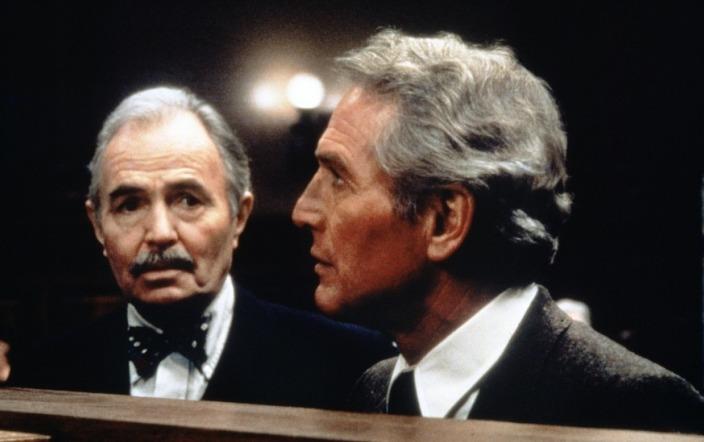
Sidney Lumet, working off of a David Mamet script about a down-and-out alcoholic lawyer who takes a case of malpractice against the Boston Archdiocese, is pure gold here. Paul Newman leads an all-star cast as Lumet explores redemption, reconciliation, and the process of achieving self worth in a film that never holds up on conflict and tension.
Whether it’s the final courtroom showdown, or the bickering about the past, or the urge to have a drink, Mamet’s narrative and Lumet’s direction hold us in the arena. It’s always a life-or-death kind of feeling and for many people, especially Newman’s Frank Galvin, it really is.
Perhaps dealing with a covered-up death, the last line of respect for an alcoholic, or the defense of a higher standard, almost everything seems on the line. It’s one of the many reasons why this 1982 film is considered one of Lumet’s best, and one of the best American films of the 1980s, never skipping on the drama or letting the thriller aspect go.
9. Everybody Knows (2018, Asghar Farhadi)
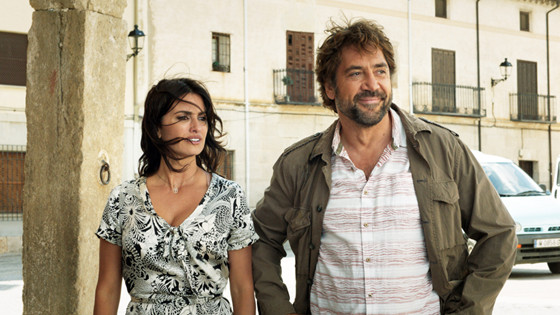
After an accolade-sweeping start of the decade and exploring more complex, human relationships and stories with “The Past” and “The Salesman,” Farhadi closes out the decade with his first Spanish-language film still exploring tense, human relationships in this dramatic thriller.
What starts out as the return of a daughter and her family and the joy of a wedding turns into a kidnap thriller. It’s perhaps the most elevated situation out of this list, but that doesn’t mean it avoids drama. Out of this scenario is where Farhadi explores all the delicate relationships at the center focusing on the past, present, and future. A film of narrative guessing while the characters learn about themselves and others is gripping to watch.
Accurately falling into the dramatic thriller genre doesn’t mean it leans one way or another, but simply states it’ll give us a thriller and give us a drama. Here, both are successfully achieved.
10. Tokyo Sonata (2008, Kiyoshi Kurosawa)
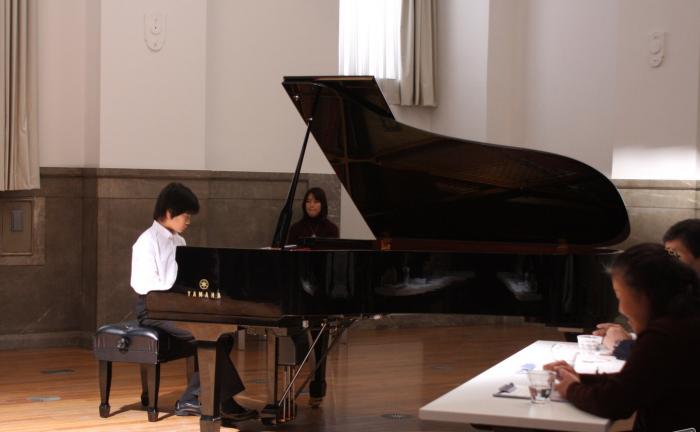
When one of the modern masters of Japanese horror decides to tackle the story of a middle-class family when the father loses his job, you can correctly guess it spirals into deeply unsettling territory. While keeping grounded in realism, Kurosawa shows the slow, dark recess of the family’s choices and how hard life can be after losing one’s job.
While the father is lying to the family, one son secretly learning piano, and the other enlisting in the U.S. Army, the mother tries to make sense of it all until some shocking and even out of left field terror comes knocking at her front door; it’s safe to say that no member of the family is honest and coping well. Kurosawa manages to timely and leisurely pace the family’s story and it slowly descends into a suspenseful thriller and borderline horror.
The film doesn’t hold back from packing a punch either – it quietly sneaks up on us expressing drama, relief, tension, and most importantly, feelings about what these characters can be going through.